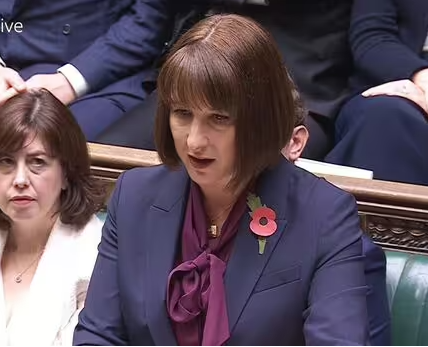Petrol and diesel cars face higher tax charges from 2026 when new Vehicle Excise Duty (VED) bands come into effect.

Experts have predicted the possible 2026 car tax band fees (Image: Getty)
Petrol and diesel car owners will be hit with higher car tax charges from April 2026 under new updates to Vehicle Excise Duty (VED) bands. Analysis from Pete Barden has revealed almost all drivers will face increases next Spring as part of annual inflationary VED hikes.
Bills for the highest polluting models could rise by as much as £250 per year in a major blow for cash-strapped motorists. The experts have predicted that standard VED fees, first-year charges and Expensive Car Supplement rates are all expected to increase from April 1. VED rates rise each year based on Retail Price Index (RPI) inflation, which Pete Barden claims could be around 4.6%.

Petrol and diesel drivers still pay more VED than electric vehicles (Image: Getty)
Pete Barden explained: “Drivers should brace for another inflation-linked rise in road tax from April 2026, with costs for new and existing vehicles likely to climb by a similar percentage – around 4.6%. For many motorists, this could mean paying £10–£40 more a year depending on their vehicle’s emissions band.”
Although electric cars are now charged VED fees, petrol and diesel vehicles are still most affected, with most fees calculated based on emissions. Based on this prediction, they believe standard VED rates will rise from £195 per year to £204 per year in a £9 annual increase.
First-year VED fees are based solely on vehicle emissions, with the cleanest models paying just £110 per year to use the roads. According to Pete Barden’s analysis, this could increase to £115 in an approximate 4-5% increase in rates.
Most polluting vehicles emitting over 255g/km of CO2 now pay £5,490 per year after Labour doubled tax bands last year. However, these bills could rise to £5,740 per year from April if the average RPI reduction remains in place over the next five months.
Pete Barden also believes the Expensive Car Supplement fee could rise from £425 per year to £445 per year in a £20 boost.
Pete Barden added: “While 4–5% may not sound huge, it adds up – especially alongside other motoring costs like fuel, insurance, and servicing that have all been rising faster than wages.
“It’s also being suggested that the fuel duty freeze could be scrapped in Rachel Reeves‘ November 26 Autumn Budget – adding even more pain to motorists’ wallets.”

